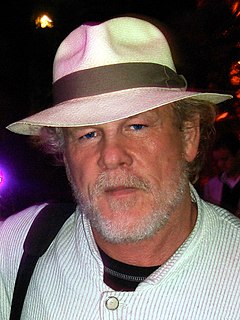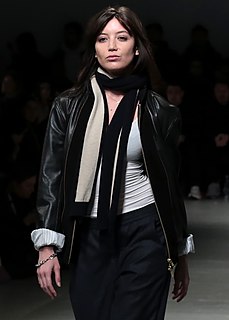A Quote by Khaled Hosseini
Kabul was very popular with the hippies in the Sixties and Seventies. It was very quiet and peaceful.
Related Quotes
In the sixties, in the middle sixties, suddenly comics became this hip thing, and college students and hippies were reading them. So I was one of them, and I started reading, basically it was the Marvel Renaissance at that point. It was all their new characters, Spiderman and the X-Men and the Fantastic Four.
I was a tomboy running around in the garden. I used to play on a local cricket team. I grew up with all boy cousins, for the most part, and my brother. My mother was in the kind of late-sixties, early-seventies origins of female emancipation. And she was very much like, "You're not going to be defined by how you look. It's going to be about who you are and what you do."
The purpose of meditation is to make our mind calm and peaceful. If our mind is peaceful, we will be free from worries and mental discomfort, and so we will experience true happiness. But if our mind is not peaceful, we will find it very difficult to be happy, even if we are living in the very best conditions.






































